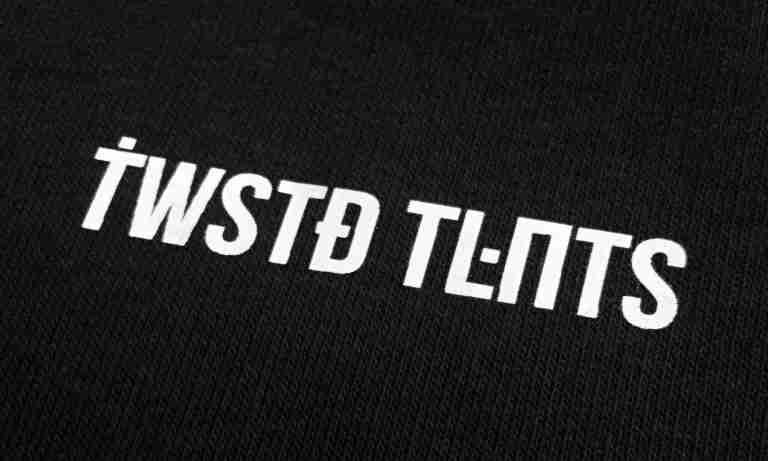A profile is compiled based on a specific pattern in the scores for the work values. The values that are most important – sometimes also those that are least important – characterize the things that are considered to be important or unimportant in work.
It is known from scientific research that there are fourteen work values that can be considered fundamental. If you have work in which the work values that you believe are important have ample room, the chance that you will be successful and happy in your work will increase.
|
|
|
|
|
|
|
|
|
|
|
|
|
|
The work values inventory measures career values similar to those in the theory of career anchors by Dr. Edgar Schein at MIT and the theory of basic human values of Dr. Shalom H. Schwartz. At the time being, fourteen work values – career anchors * – are identified:
* = A career anchor is one’s self-concept, and consists of one’s perceptions of one’s talents and abilities, one’s basic values and one’s perceptions of motives and needs as they pertain to career. In Schein’s original research from the mid-1970s, he identified five possible career anchor constructs: Autonomy / independence, security / stability, technical-functional competence, general managerial competence and entrepreneurial creativity. Follow-up studies in the 1980s identified three additional constructs: Service or dedication to a cause, pure challenge and life style. A 2008 study distinguishes between entrepreneurship and creativity to form nine possible constructs. At the time being, fourteen work values – career anchors – are identified.
While some people are content with uneventful jobs, others thrive on action and excitement. Eric wanted to know what makes him happy or unhappy in his work and career. After all, one spends about a third of the life at the work place.
Eric’s Score

The graphic shows Eric’s profile defined by putting the work values in order from what is most to what is least important. So, the extent to which he believes each of the fourteen values is important is reflected in this report.
Scale
- Autonomy (6), Influence (6), Working conditions (6),
- Variety (5), Creativity (5), Work-life balance (5), Prestige (5), Financial reward (5), Security (5), Performance (5),
- Structure (3), Self-development (3), Altruism (3), Work relationships (3)
This report has provided a comprehensive picture of the 14 fundamental work values that there are and how important each of these is to his personally.
Being aware of what he genuinely considers to be important, as well as of what he regards as much less important, will enable him to estimate what type of work, what type of colleagues, and what type of managers best suits him.
This could hugely enhance his job satisfaction. It will also enhance the probability of him being successful at his work. Do be aware that the corporate culture prevalent at his workplace can also have a marked influence on the extent to which he enjoys his work there.
This all sounds nice and promising. However, in the end of the day, let’s be honest: The majority of people in the workforce do not enjoy the luxury of being able to choose. Especially from a certain age onwards, one might just be happy to be employed at all.
Traits Conclusion
Eric is a clearly contoured individual who consistently exhibits a homogeneous behavior across various situations, driven by a total challenge mindset. He thrives in competitive environments, motivating others and achieving goals, while maintaining security and stability. His strong inner motivation influences people and circumstances, with a resilience that ensures his effectiveness under pressure. His intuitive, creative, and holistic approach to work emphasizes innovation and integration, complemented by a logical and analytical mindset for problem-solving. Eric’s ability to express ideas and teach, alongside his organizational skills, positions him as a thinking, organized creator and commercial entrepreneurial communicator who persuades doers. Gifted according to Stanford-Binet, highly intelligent per Cattell, and very superior per Wechsler, Eric is open to experience, conscientious, agreeable, and relaxed under stress. He achieves targets through determination and analytical focus, often perceived as pragmatic and objective. His top personality talents include implementation, creation, and analysis, with a work environment preference for detail orientation, risk appetite, and factual orientation. Autonomous and influential, Eric enjoys advanced working conditions, balances work-life effectively, seeks prestigious and financial rewards, values security, and consistently delivers performance while favoring self-development and occasionally underestimating work relationships.











